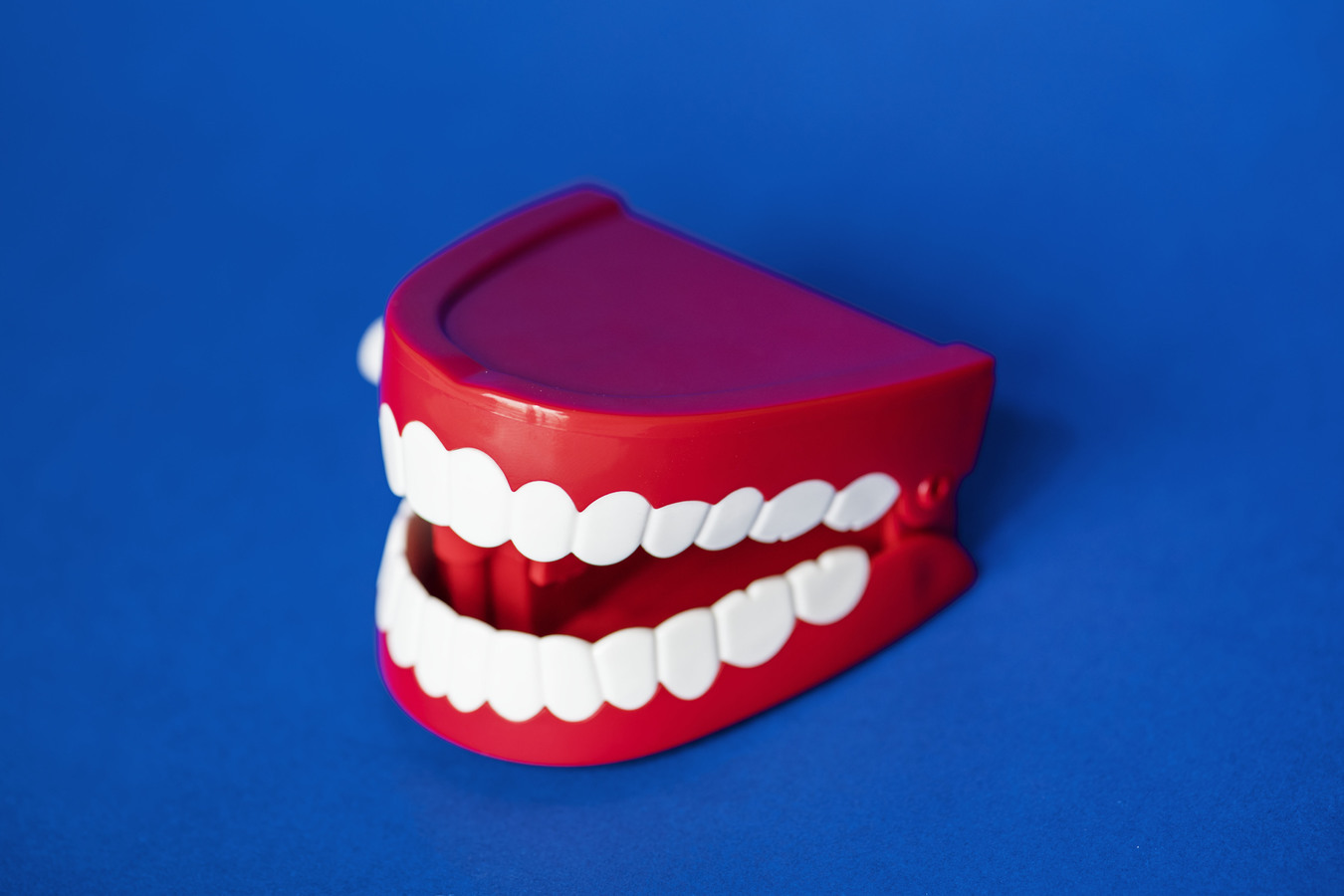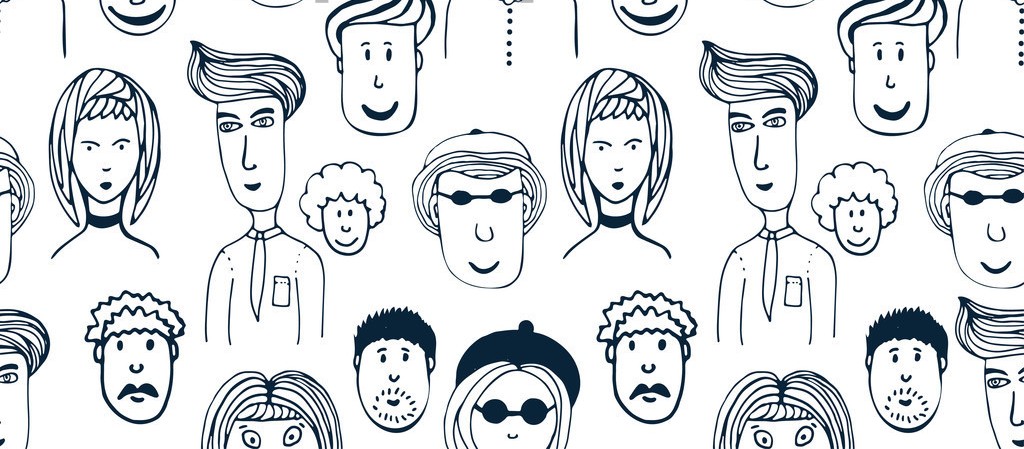“I feel completely fine,” I told the A&E nurse, “but my GP, wife and friends told me I should come here.”
His name was Pius, the nurse. A sign, I thought, that my experience had a spiritual quality. Maybe God was watching me or – dare I say it – maybe he was within me. No… surely not.
“So, why did they think you should come?” asked Pius. My wife filled in. “He’s done some strange things,” she explained, “strange but… lovely.”
I’d had a busy few days.
On Friday I’d tried to get a friend installed in a position of power (note that I’m being intentionally vague here – it was quite a story), insisted with absolute resolve that a friend propose to his girlfriend immediately (even if it had to be by text) and organised a party, inviting guests, booking food and hiring a photographer (despite never intending to attend myself.)
On Saturday I went to the theatre to see Harry Potter And The Cursed Child, cried throughout and was the only audience member to give it a standing ovation. Literally the only one, apart from a wonderful man sat next to me – who I’d bought a souvenir programme for in the interval – and who essentially took pity on me. It was such a good show!
(As a little aside actually, one of JK Rowling’s co-authors for The Cursed Child is a man called Jack Thorne. My lifelong friend – and best man – Nik Partridge once directed one of his plays at Edinburgh Festival Fringe, and Jack came to see it. He said it was really excellent, Nik’s show. And then now here he is writing Harry Potter with JK Rowling for the West End. How cool is that?! Nik’s still directing theatre too, and he’s even more brilliant at it now than he was back then.)
Back to bipolar…
On Sunday I’d told a friend (also called Nic, actually, but with a C) on a lengthy walk how wonderous the world around us is. Then I created a work of political art in my baby daughter’s room. …I mean, I saw “political art”… others (like, a psychiatrist) might suggest I just trashed her room.
Then my wife confiscated my phone and sent me for a quiet night at Mum’s house.
In the morning I described how I felt to my GP on the phone. “I feel absolutely wonderful,” I said. “Really amazing. It’s like I can see all the connections in the world, and what needs to happen to make everything better.”
I thought my small actions would start some kind of a chain reaction that would overthrow the evil of, among others, Xi Jing Ping and Vladimir Putin. And fix climate change. And turbo-charge feminism. A revolution, of sorts.
The GP asked if I was on drugs, naturally. But I wasn’t. I’ve never so much as smoked a cigarette.
I had no idea what was happening to me, so I accepted his recommendation that A&E was the place I needed to be.
This was the beginning of a journey I now know to be bipolar disorder, a condition which I will live with for life. What I was experiencing wasn’t spiritual (unless you’re a true believer, of course), but was in fact a “manic episode.” The ‘high’ part of bipolar’s famed highs and lows.
In due course I would discover much more about the ‘lows’, a crash to earth that lasted four months and took me to some incredibly dark places.
But for now I was revelling in the high.
Getting To Know Bipolar
Not many people go to A&E when they’re feeling as amazing as I was. Why would you?
As it turns out, I was fairly textbook ‘manic’. Probably something of a gift for the student psychiatrist who sat in on my consultation. It felt to me like I was untouchable, on another level of consciousness where everything just… made sense. It really was wonderful.
The high tapered off but lasted about a month. I’d been given time off work, so I wrote poetry, and I made some art (one of my ‘texture collages’.) The diagnosis felt really great; like I’d discovered a new side to myself.
But bipolar is dangerous, as I discovered once the low kicked it.
In fact, bipolar is an illness that kills. Bipolar depression can be so deep and last so long that it drives people to suicide. In fact, terrifyingly, between 25-50% of those with a diagnosis will attempt to end their own life.
I’ve sworn to myself that I will never be one of those statistics, but suicidal thoughts have certainly made their way in on my darkest days.
Bipolar disorder is chemical. It’s an imbalance in the brain that’s still not fully understood, but which makes mood swings stronger and – in my case, at least – much more frequent than those of non-sufferers.
Treatments exist. There are good medications available including anti-psychotics and mood stabilisers. Therapy, including CBT, can also help.
It is, however, a lifelong condition.
1-2% of the population live with diagnosed bipolar, though as many as 5% may be on the spectrum. Many, though, go undiagnosed. After all, why would you seek medical help when you’re feeling the highs? Doctors, understandably, are prone to misdiagnose bipolar as ‘unipolar’ depression, and this results in often ineffective treatment.
How Bipolar Feels
Mania feels wonderful, but bipolar depression is cripplingly harsh.
I would trade away the mania in an instant if it saved me from experiencing the depression again. In fact, I hope the medication I’m on will make that dream a reality.
Depression sucks the life out of you and makes it impossible for joy or love to penetrate. On depressive days I am a shell of my normal self, unable to function properly or make myself feel better.
I’ve had to be coached out of bed by my wife. I’ve had to have friends take my kids to school. I’ve missed months of work.
For me, depressive episodes can last weeks. For others it’s months or even years. I can’t imagine how painful that must be.
The worst part? Not being well enough to look after my wonderful kids. That feels truly awful.
I now track my moods on an app (called Bearable.) This gives me an insight into the highs and lows.
[Update August 2022: I have now uninstalled Bearable following advice from an incredibly useful CBT therapist. He showed me that it is impossible to directly change our mood, and that tracking moods can exacerbate the feeling that we have no control over them. Instead, he invited me to track my *actions*, something we can always change. I did that, and within days my mood improved. In fact it’s barely dipped since. To be fair, Bearable does also allow you to do this, but a clean break worked better for me.]Since my diagnosis I’ve experienced something called ‘rapid cycling’, whereby I’ve had multiple distinct mood episodes in a short space of time. It’s been exhausting. Even when I’m well, I’ve been terrified of feeling low again. When the depression returns it feels impossible to escape.
Now, I’m on new medication which I hope will stop the rapid cycling. Medication is trial and error. My first prescription may have even made the depression worse.
Recovering From Bipolar
Bipolar disorder is a lifelong condition, but it’s entirely possible to live well by receiving good treatment.
What’s not possible is to just “snap out of it”, as much as that often feels like the answer. The mood episodes are caused by brain chemistry, so they’re hard to escape without the help of medication and specialist therapy.
My therapist described bipolar depression as like being in a pitch-black tunnel where you can’t see the light at the end, and can’t even feel the walls. In a situation like that, it’s essential you get the help of others to guide you out.
Here in the UK, there’s a truly humbling level of support available. Of course, there could always be more, but I’ve experienced teams who’ve visited me every day, specialist counsellors who’ve understood my situation and caring listeners who’ve answered crisis phone lines.
The strongest support by far, though, has come from my wife, Mum, family and friends. Even when I’ve doubted the legitimacy of my own condition (bipolar can trick you into thinking you’re “just being lazy”, or “making it up”), they’ve been endlessly patient, loving and caring. Love, eventually, permeates all.
In recent months I’ve needed help from almost everyone in my life. Colleagues have covered my work, friends have helped me fulfill personal responsibilities and family have acted as impromptu all-hours therapists.
Pulling me through has truly been a team effort. I’d even go as far as to say I owe all these people my life.
Others, I know, are not nearly so lucky.
What Happens Next
I’ll live with bipolar my whole life, but I hope it will never derail things as much as in the last few months.
At times I’ve thought I’ll never work again; that I’ve been permanently damaged. But then I remember that my parenting responsibilities can’t be so easily escaped, and that anyway my love for my family compels me to demand better treatment.
Countless people around the world live well with bipolar. There are famous – and in fact often quite illustrious – examples like Winston Churchill, Stephen Fry and Buzz Aldrin. There are, though, many more less exceptional individuals too, of which I’d count myself one!
Far too many don’t recieve effective treatment. It takes on average over 9 years to get diagnosed , largely because the mania symptoms go un-recognised by doctors, who usually only see patients when they’re ‘unwell’ (depressed.)
By improving awareness of bipolar, and particularly manic highs, we may be able to improve the diagnosis rate. This would ensure more people get the treatment they need. In many cases, it could really be a matter of life or death.
I hope my testimony has helped to introduce you to the world of bipolar, or improved your understanding of the condition.
If you’re living with bipolar, or expect you might be, I truly feel for you. Know that things will better, especially when you reach out for help and believe that things can improve. It’s a hard journey, but one you can get through.
For further information on the topic, I wholeheartedly recommend the Bipolar UK website, particularly their mood scale and support forum. There’s also a great summary of bipolar on the Mind website.
Crisis support lines include the Samaritans on 116 123 and jo@samaritans.org, the NHS 111 or – in an emergency – call 999.
Thanks for reading. If you have any questions or comments, feel free to reach out via my contact form.
Update August 2022
I’m delighted to share that the Psychiatry and support service has now discharged me from their care. Whilst I continue to take prescribed medication daily, I give most credit to 3 sessions of CBT with a nice man called Barry. I’d already read all the CBT books, but he taught me to take the analysis a level deeper, and – crucially – to take actions based on what you find. It’s reductive to suggest that anyone can “fake it till you make it”… but that’s essentially what I did.
If you want advice about CBT, don’t hesitate to ask and I’ll gladly point you in the right direction.




Well done Will, and thank you for sharing your story. Don’t forget: in those times of abject despair, in the darkness where there is no light or hope, just reach out your hands and someone will take them. Although you might not always be able to see them, people are with you on your journey, and are ready to help when you feel alone and defeated.
From Will’s mum …. I could say so much but, for now, I simply want to say, Will I am so proud of you. You have been so very brave and I love you. You are still the most balanced person I know and it’s great to see you emerging from this horrid turbulent time.